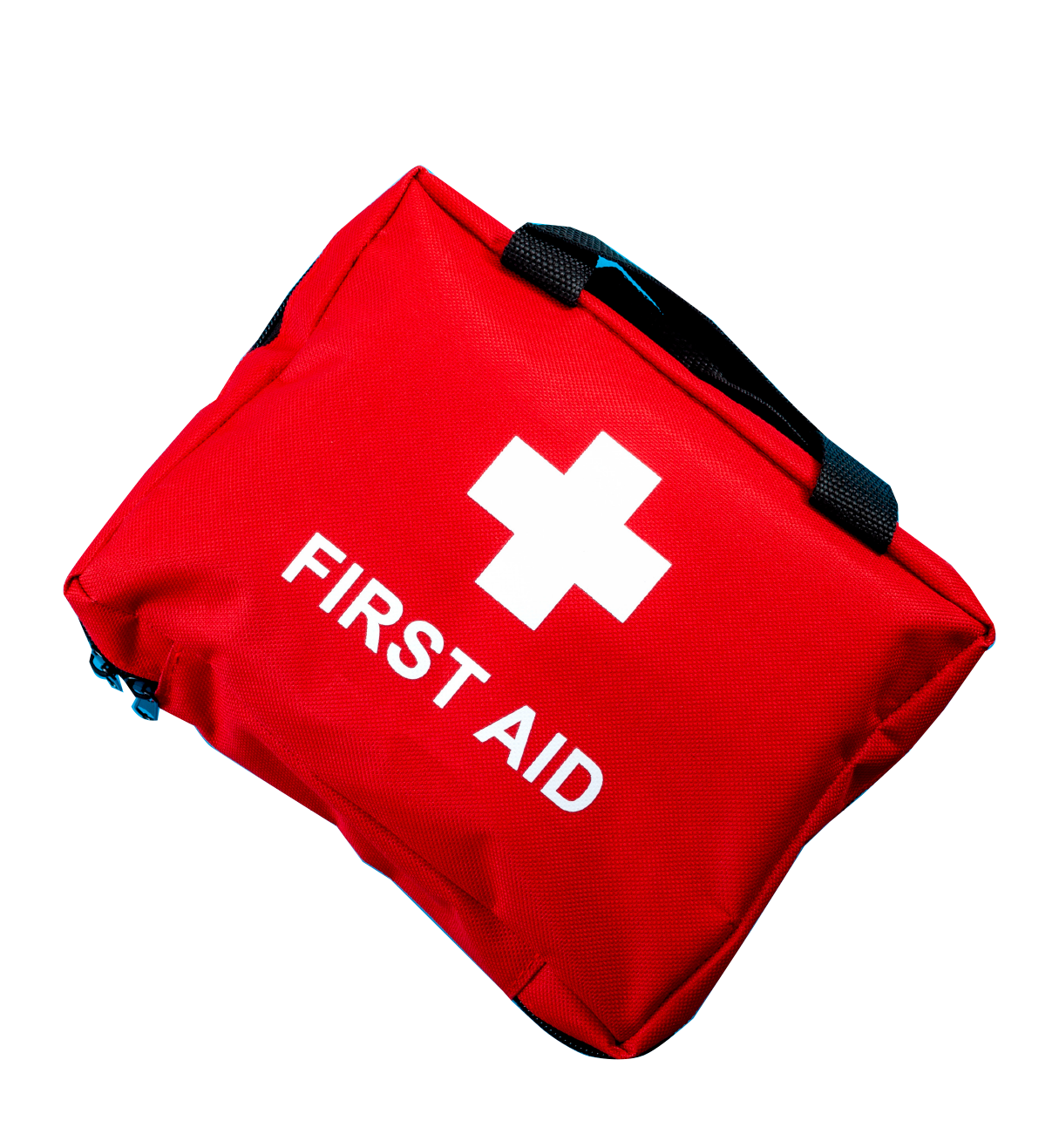Eggs from Backyard Chickens: How to Protect Human Health and Avoid Drug Residues


Backyard (companion) poultry veterinarians use drugs to treat chickens to combat disease, overcome or prevent parasitic infections, or alleviate pain and suffering in the case of an injured bird. There are also some over the counter medications available that owners might consider using to treat their birds. Modern veterinary drugs are highly effective and can be life saving. They can also prevent unnecessary pain and suffering in animals. It is important, however, that these medications are used appropriately so that their benefits are maximized whilst the potential for adverse effects (in both humans and animals) are kept to a minimum. In addition to direct drug exposure, indirect drug exposure can occur when free ranging chickens inadvertently consume materials that contain drug products (i.e. chickens eating manure from a horse recently treated with oral medications). Thus, humans eating eggs produced by chickens in non-commercial settings should be aware of potential contaminants.
It is important to remember that humans can be exposed to drug residues by eating eggs from hens that were treated with medications. Depending on the drug, eggs might need to be discarded for a period of time after the last day of treatment because drugs are absorbed and can distribute to various parts of the body including reproductive organs where the eggs are formed. Adverse effects from exposure to drug residues in food may be immediate and quite severe (e.g., allergic reactions to antibiotics like penicillin), but more often the concern is the long-term effects of prolonged exposure. In all food-producing animals treated with medications, sufficient time must therefore be allowed for the animal to excrete the drug from its body so that concentrations in the tissues and eggs can drop to concentrations that are at or below levels that are safe for consumption.
These safe concentrations are determined in scientific studies designed to determine how much drug a human can be exposed to over the duration of his/her lifetime without any adverse effects. Lifetime exposure is a worst-case scenario, but it’s important to follow a conservative approach for any risks to human health. Based on human health studies, and studies of how fast the drug is excreted from the treated animal, all veterinary drugs approved for use in food-producing animals by the Food and Drug Administration (FDA) have a withdrawal time on the label to inform users of the length of time they must wait after administering the last dose before eating any products from the treated animal.
So residue avoidance seems simple at first glance – just use the drug according to instructions and follow the withdrawal time on the label. But veterinarians treating backyard poultry are faced with the challenge that there are very few drug products on the market that are practically useful and meet the medical needs of egg-laying hens in a non-commercial setting. In addition, the dosing instructions may not be suitable for smaller flocks kept in free-range systems. Part of this challenge is due to the fact that most FDA approved medications for laying hens are designed to meet the needs of large scale operations (treatment of large numbers of birds in a commercial setting, a zero withdrawal time for eggs due to the production aspects of a layer facility, etc.).
A good example of medications commonly used for treating chickens are “dewormers”. There are very few “dewormers” labeled for use in all classes of chickens (i.e., broilers, non-laying hens and egg-laying hens) and the ones that do exist (products containing hygromycin B) are formulated as medicated feeds or premixes, which are practical formulations for commercial production where the amount and source of food that the birds receive can be tightly regulated, but not in a backyard or free range setting where birds have access to several different sources of food and there are small numbers of birds in the flock. In the backyard setting, these formulations are very difficult to use and ensure that the birds actually consume the product in addition to receiving the correct dose.
Avian veterinarians treating back yard chickens or owners with companion birds therefore seek alternative products to treat parasites. Unfortunately, the only other products that are approved for chickens are not labeled for hens laying eggs (products containing piperazine and dipiperazine e.g, Wazine®). This means that these products have a withdrawal time for meat, but it cannot be determined from the label how long the eggs should be withheld to ensure the safety of people eating them. The legal term for using a drug product in a way that is not specifically stated on the FDA approved label is ‘extra label’.
Extra label drug use in food animal medicine is allowed by law, but only by prescription from a veterinarian within the context of a valid veterinarian-client-patient relationship. An important factor to keep in mind is that chickens producing eggs for human consumption are considered food animals regardless of whether they are in a back yard or in a commercial operation. A further restriction for food-producing animals is that drugs may only be used extra label for the treatment and prevention of imminent disease and not for management purposes or to enhance production and if there is any deviation from the label instructions for over the counter medications (such as those that can be purchased in a feed store) then a veterinarian must prescribe that medication use. A valid veterinarian-client-patient relationship requires that the veterinarian has consulted with the client (owner of the animals), and has examined the animals and/or has sufficient information about them to make a diagnosis on which to base a treatment recommendation. The veterinarian then prescribes a drug for the treatment of the diagnosed condition. The veterinarian takes full responsibility for the safety and efficacy of that treatment and has to provide the client with detailed instructions as to how the drug must be administered. These instructions include a recommendation for a withdrawal interval (time after treatment stops that the animal meat or by products such as eggs cannot enter the human food chain) in the case of animals producing products for human consumption.
For extra label drug use, a veterinarian must base his/her withdrawal interval recommendation on scientific data. This data is commonly not available from the pharmaceutical company if the FDA has not approved the drug for laying hens in the United States. Veterinarians must therefore look for data in the public domain, including papers published in peer-reviewed scientific journals, and summaries of data submitted for drug approval in other countries. Most veterinarians do not have such data at their fingertips, but they can contact the Food Animal Residue Avoidance Databank (FARAD) for help.
FARAD (http://www.farad.org/) is a national program (distributed in 4 regional centers: California, North Carolina, Florida, and Kansas) that assists veterinarians, livestock producers, and state and federal regulatory and extension specialists to avoid violative drug residues and pesticide contamination of animal derived food products (e.g. milk, honey, eggs, etc.). This service protects public health and helps minimize antibiotic resistance. Practicing veterinarians can get free advice from FARAD through the internet or by phone calls, when they are uncertain about the proper withdrawal interval after using drugs in an extra-label manner, or if animals are accidentally exposed to environmental toxins, pesticides, or biotoxins. This service is especially helpful for situations where there are very few approved products available, like treating backyard chicken flocks.
In conclusion, backyard chickens are becoming increasingly popular for various reasons. As human consumption of eggs from these chickens rises, it is important for veterinarians to be able to advise their clients on safe practices for eating eggs from medicated birds and for consumers to be aware of things to consider when treating their birds with over the counter medications.
Tags:Healthy Flock

Chicken Whisperer is part of the Catalyst Communications Network publication family.










